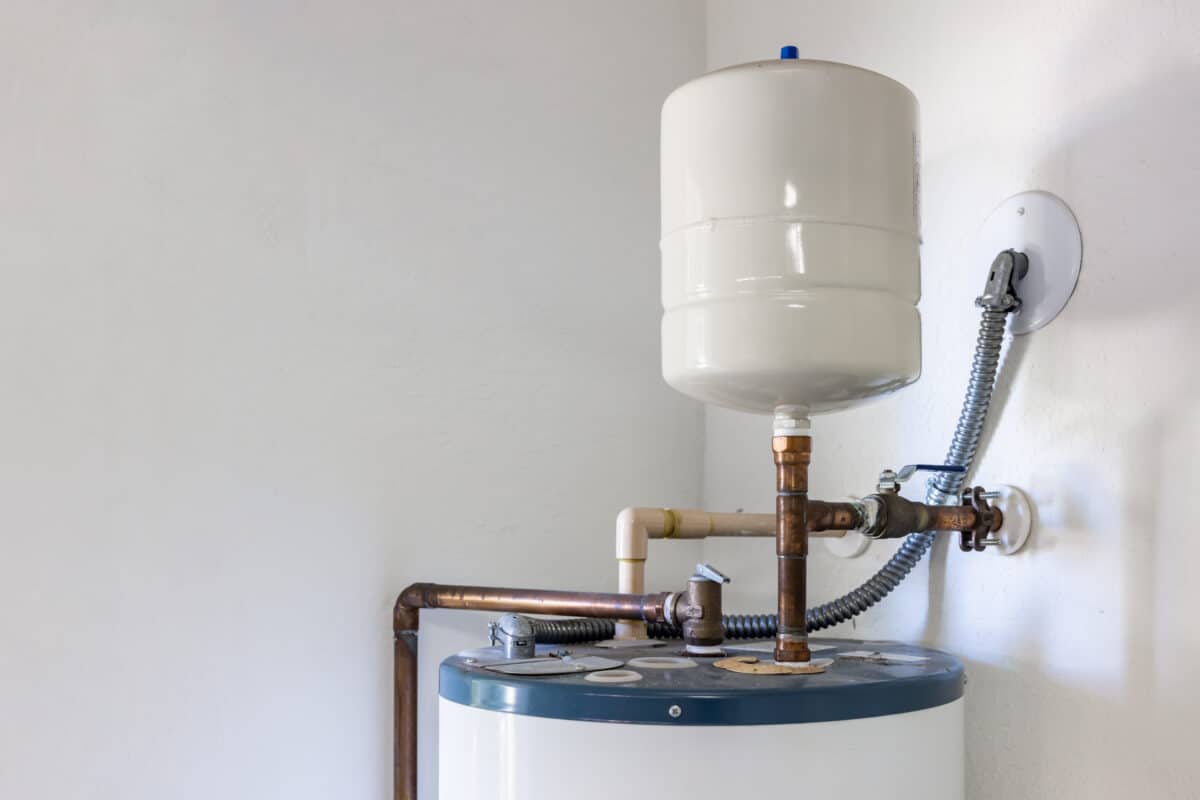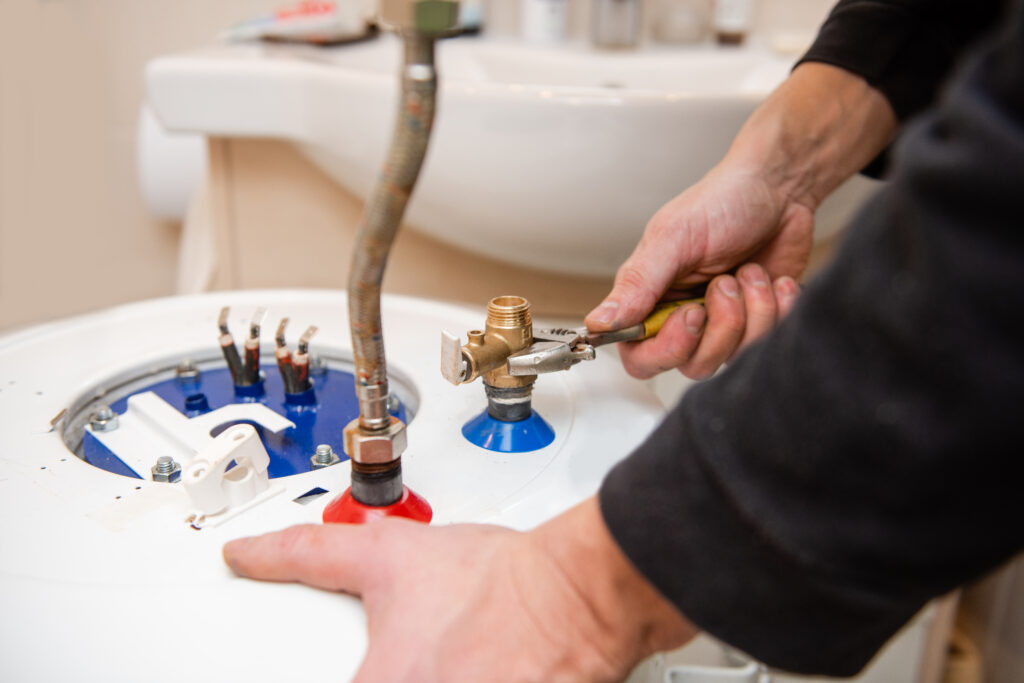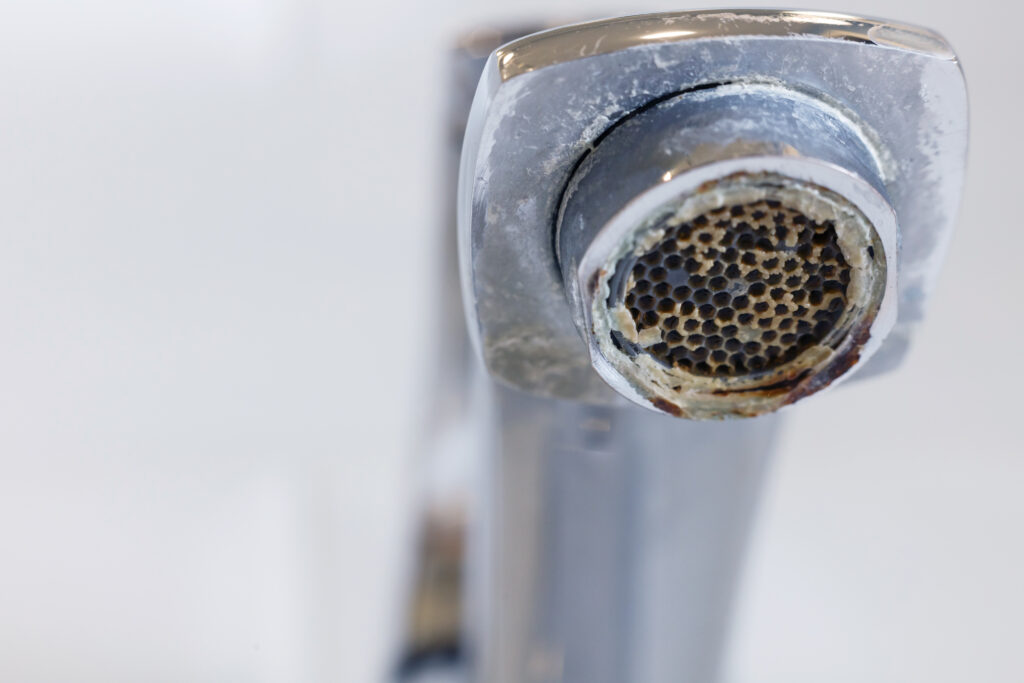Water heaters work by taking cold water from your home’s water supply and heating it up so you can have hot water for things like showers or doing the dishes. Every water heater design uses a cold-water intake, a mechanism to heat the water (usually a heating element), and an outlet to deliver the heated water to your taps. Understanding how the various water heater models work can guide you in choosing the most suitable option for your needs. In this post, we will break down the different types of water heaters and how they work, helping you find the perfect water heater for your home.
The Basic Principle of Water Heating
Water heating is a process that involves transferring heat to water from a fuel source (like natural gas, electricity, or solar energy) until it reaches the desired temperature. The underlying principle of water heating involves thermodynamics: energy (heat) moves from a warmer place to a cooler place, which, in the case of water heaters, means transferring heat from a burner or element into the water stored in the tank or flowing through the system. The efficiency of this heat transfer process is critical. It involves minimizing energy loss through insulation and maximizing the heat transfer to the water. Advanced water heaters might also incorporate technologies like heat pumps or condensing processes to further improve efficiency by capturing and reusing heat that would otherwise be lost to the environment.
How Does a Water Heater Work?
Here are some of the core components of water heaters and how they function:
- Cold Water Intake: The water enters through a dip tube that extends to the tank’s bottom, a strategic move that pushes cold water to the area where heating is most effective. This process helps prevent the cold water from mixing with the hot water at the top, ensuring a consistent and thorough heating cycle.
- Heating Element or Burner: The heart of the water heater lies in its ability to heat water, done so through either an electric heating element or a gas burner. Electric units, found in electric water heaters, house one or more elements that are submerged within the water, heating it much like a kettle does. These elements are regulated by thermostats, which are fine-tuned to your desired temperature settings, ensuring your water is always at the perfect warmth. Gas models operate a bit differently, with a burner set beneath the tank’s base. This burner is controlled through a combination of a gas valve and a thermocouple—a safety device that shuts off the gas if the pilot light goes out—working in concert with the thermostat to maintain accurate temperature levels.
- Hot Water Outlet: Positioned at the top of the tank, the hot water outlet sends the heated water into your home’s hot water pipes. It’s positioned to draw from the top of the tank where the water is hottest due to the natural rise of warm water over cooler water. This design ensures that the hottest water at the top of the tank is always used first.
Understanding these elements can help you troubleshoot and fix issues, which can extend the lifespan of your water heater.
The Different Types of Water Heaters
Tank Water Heaters: Also known as storage water heaters, these units always keep a reservoir of hot water available. Insulation around the tank helps to keep the water warm between heating cycles. The capacity of the tank determines how much hot water you have available at any given time, making it crucial to choose the right size for your household’s needs.
Tankless Water Heaters: These units, also referred to as on-demand water heaters, don’t store hot water. Instead, they heat water directly as it flows through the device, which means you never run out of hot water. They are more energy-efficient than tank-type heaters because they eliminate the need to maintain a tank of hot water and the associated standby heat loss. However, their initial cost and installation can be more expensive.
Electric Water Heaters: Electric water heaters are known for their simplicity and safety. They do not require a gas line or venting, making them less expensive to install compared to gas models, and typically last 10-15 years. Electric heaters are highly efficient in terms of energy use, as they convert almost all the electricity into heat without any combustion losses. they can also be used in any home that has access to electricity and are generally considered safer, as they don’t carry the risk of gas leaks. However, the cost of electricity can make them more expensive to operate, especially in regions where electricity rates are high.
Gas Water Heaters: Gas water heaters offer a more cost-effective solution for heating water in terms of operational costs, especially in areas where natural gas is cheaper than electricity. They heat water faster than electric models, making them suitable for large families or high-demand situations. Additionally, gas water heaters continue to work during power outages, providing an uninterrupted supply of hot water. However, they require proper venting to expel combustion gases, which can add to installation complexity and cost. There’s also a slight risk of gas leaks, which necessitates the installation of carbon monoxide detectors for safety.
How To Pick the Best Water Heater for Your Home
Choosing the right water heater for your home involves evaluating various factors to ensure you select a model that best fits your needs. Here’s a breakdown of key considerations:
- Household Size and Demand: Assess the volume of hot water your household requires during peak hours. Larger families might benefit from a tankless system for continuous supply or a large-capacity tank model.
- Energy Efficiency: Look for units with high energy efficiency ratings. Efficient models can significantly reduce operating costs over time. Tankless water heaters generally offer greater efficiency compared to traditional tank models.
- Fuel Type: Decide between electric, gas, or solar water heaters based on availability, cost, and environmental concerns. Gas heaters typically offer lower operating costs, while electric models are easier to install and maintain.
- Budget: Consider both the upfront cost and the long-term repair costs. Tankless heaters may have a higher initial investment but can lead to savings on energy bills.
- Space Considerations: Ensure you have enough space for the water heater you choose. Tankless models are more compact and can be installed in smaller spaces.
- Future Needs: Think about long-term water usage and whether your household will grow. Opting for a system that can accommodate future needs can save money and hassle down the line.
Choosing the right water heater is about balancing your immediate needs with long-term efficiency and sustainability. Remember, the best choice varies from one household to another and is influenced by factors such as water usage, space, and budget constraints. If you decide to go with an electric water heater, we recommend the Rheem Performance Platinum. This model is known for its energy efficiency and durability, providing long-term cost savings.
Call Nearby Plumbing for Professional Help Today
If you’re feeling overwhelmed by the options or unsure about the specifics of installing and maintaining a water heater, don’t hesitate to reach out for professional guidance. Contact Nearby Plumbing, and our team of experts will assist you in selecting the most efficient, cost-effective, and appropriate water heater for your needs. With our help, you can enjoy the comfort and convenience of hot water throughout the year.





